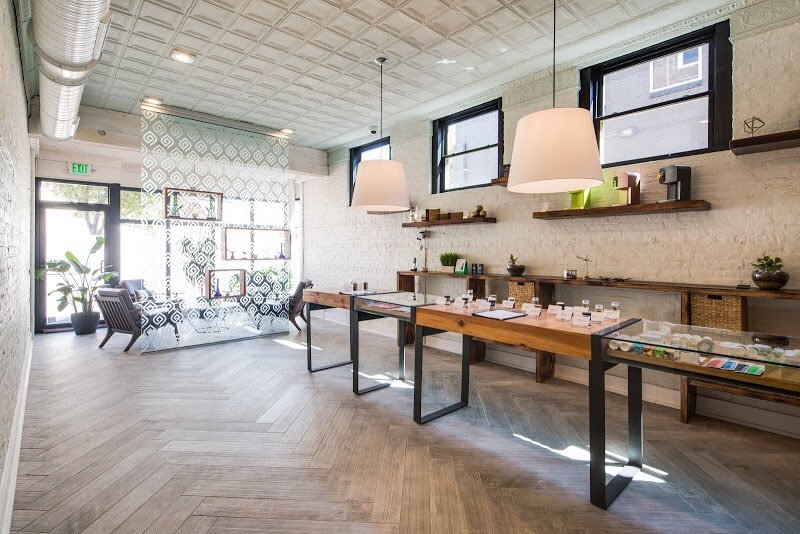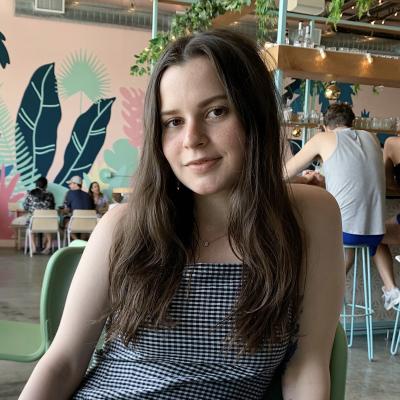
The directions have seemed clear. Throughout the past few weeks, Governor Larry Hogan has addressed the state with a series of executive orders, each giving more stringent restrictions to businesses in the midst of the COVID-19 outbreak. One by one, businesses deemed “non-essential,” such as restaurants, malls, casinos, and small shops, have shut down. What’s left are hospitals, grocery stores, and pharmacies.
But, where do medical cannabis dispensaries fit into all of this?
The question of whether dispensaries should be deemed essential is unsurprising. Throughout the nation, many haven’t had the luxury of knowing whether they’d stay open as typical medical facilities have. States such as Colorado and Massachusetts have closed recreational cannabis shops. Nevada closed dispensaries, both recreational and medical, completely.
But according to Hogan’s executive order released on March 23, Maryland dispensaries are now considered an essential business as a subcategory of healthcare providers.
The road to legalization in Maryland hasn’t been simple. Although the Maryland Medical Cannabis Commission (MMCC) was created to regulate dispensaries and cultivators in 2013, it took nearly five years until Maryland’s medical cannabis industry was fully operational. Still, regulation over processing and quality-maintenance remain a cause of debate, on both federal and state levels.
However, local dispensary owners maintain that people from all walks of life, elderly and young, rely on medical cannabis as medicine.
“Business is booming despite what is going on around us,” says Jaclyn Dolaway, owner of Federal Hill dispensary Pure Life Wellness. “It’s a combination of panic that we’re going to close, so patients are prepping and following the rules: loading up, getting their [medicine], and staying home. And then a lot of people need to deal with [the stress], so people are turning to products like CBD that can help anxiety.”
Mackie Barch, the owner of downtown Baltimore dispensary Culta and chair of CANMD, said that “the MMCC and the CANMD have been working very closely” since the early stages of the outbreak in Maryland. According to Dolaway, the MMCC has communicated persistently about maintaining CDC guidelines of social distancing and cleaning, even prohibiting deli-style operations where patients can see and smell products before purchasing.
While dispensaries are operational, Barch notes that it’s been tough managing sales levels and precautionary sanitation measures. To accommodate the needed changes, the team at CANMD has made suggestions to the MMCC when it comes to providing statewide instruction. “I have to give kudos to the MMCC as they have been working very hard to be as flexible as possible and understanding that there are constraints within the regulations,” he says.
Though not all recommendations were approved, such as allowing cross-badging, a policy change that would allow workers at one dispensary to use their ID to work at another dispensary, the MMCC has permitted Maryland dispensaries to offer curbside pickup. Medical cannabis delivery is legal in the state of Maryland, but only a few locations offer the service due to concerns over driver safety, so curbside pickup offers another solution.
Keeping patients and staff distanced, limiting the number of people who are allowed in the store at one time, and sanitizing door knobs and counters in between patient visits seem to be the only ways for dispensaries to balance both safety and business.
While sales are strong across the state—for now, supply is keeping up with demand—other issues are arising. Human capital has places like Culta concerned.
“It’s an incredibly stressful time for families,” Barch says. “Many have lost their jobs. Many people are stuck at home with kids, elderly parents, family members with special needs—without childcare, any help, or normal resources.”
Additionally, because cannabis plants need daily care, staffing has to be flexible, allowing overnight or weekend shifts for caretakers so they can at least retain some work hours. According to Barch, many cultivators have had to realign staffing strategy. Some have instituted shift work—if one group gets sick, the other can step in.
For others, it’s about taking it one day at a time. At Pure Life, Dolaway praises her staff for working diligently, keeping a positive attitude, and taking new safety measures seriously. Their items come prepackaged, and they’re encouraging online orders to speed up in-store service due to the limited number of people allowed inside. But there’s still that underlying concern.
“We all have our own families at home that we’re concerned about,” she says. “We have to go home and take the precautions so that we don’t get our family members sick after exposing ourselves to all of these people.”
Barch doesn’t think the steady sales will subside, but it’s certainly not business as usual. In the long-term, it’s a waiting game.
“We have to be cognizant that the longer this goes on, the longer it’ll hurt our customers economically,” he says. For now, he’s confident that local dispensaries can be counted on to remain open regardless of what happens next.
